An interview with Mohammad Ismail Nikpai, a writer and one of the Afghan Ismaili Hazara refugees in Karachi, Pakistan
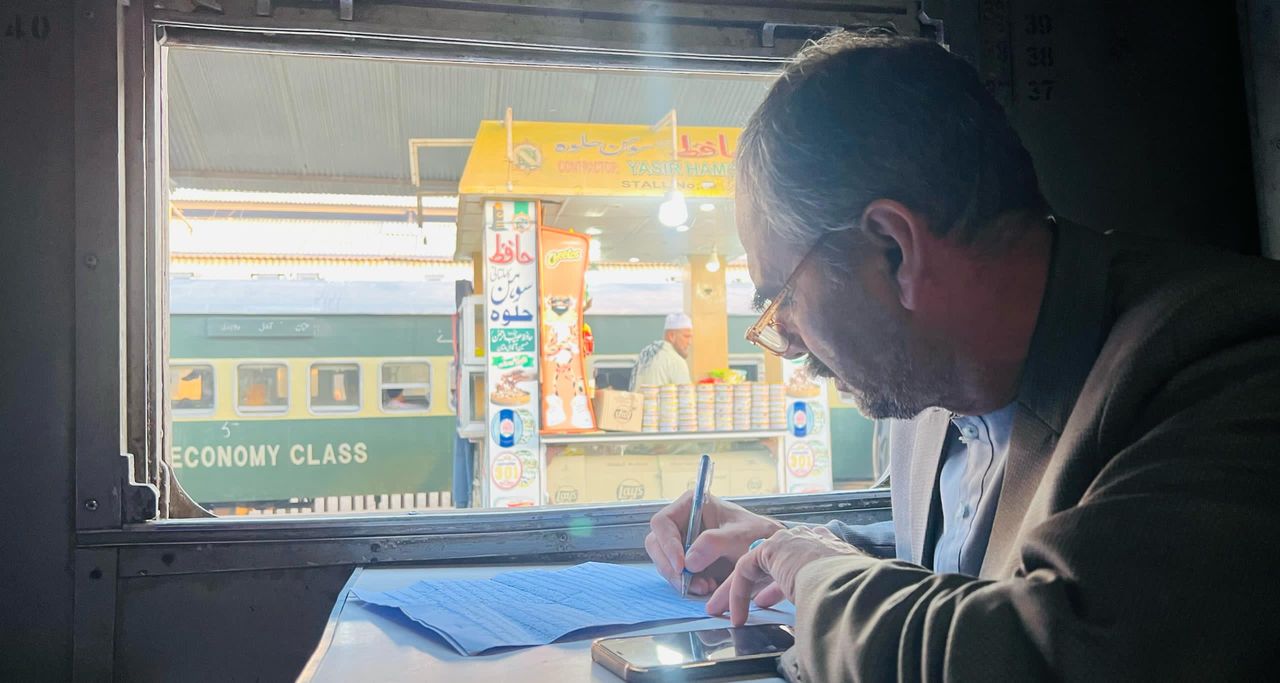 Silk Way Weekly: The Pakistani government has announced that undocumented migrants will be allowed to leave the country and return to Afghanistan by 31 March this year. The 31th of March coincided with the Muslim Eid al-Fitr. The Pakistani government has delayed the deportation of Afghan refugees for 10 days due to Eid al-Fitr, media reported. Some migrants, however, say the process of deporting them has already begun.
Silk Way Weekly: The Pakistani government has announced that undocumented migrants will be allowed to leave the country and return to Afghanistan by 31 March this year. The 31th of March coincided with the Muslim Eid al-Fitr. The Pakistani government has delayed the deportation of Afghan refugees for 10 days due to Eid al-Fitr, media reported. Some migrants, however, say the process of deporting them has already begun.
The Silk Way Weekly spoke to Mohammad Ismail Nikpai, a writer and one of Afghanistan’s Ismaili Hazaras. Nikpi is a military expert and has written a book on the subject. He also wrote another novel, Landless Refugees, after the fall of Afghanistan. He is currently living in Hazara Goth, Karachi, Pakistan.
Mr. Nikpai was displaced to Rawalpindi, Pakistan, after the fall of Afghanistan. Pakistani police have almost cleared Afghan migrants from the cities of Rawalpindi and Islamabad.
Silk Way Weekly: How many Afghan Ismaili Hazara migrants have come to Karachi from Rawalpindi?
Nikpai: Thank you for paying attention to the situation of immigrants. Due to difficult conditions, we had to leave our place of residence and now we are facing many problems in Karachi. Today I have the opportunity to share with you the realities of the life of immigrants.
According to documentary reports, approximately 1,300 families of Ismaili Hazaras who used to live in Islamabad and Rawalpindi decided to migrate to Karachi after pressure from the Pakistani government and threats from the police. This statistic includes families from the provinces of Bamyan, Baghlan, Maidan Wardak, Samangan, Badakhshan, Kunduz, Takhar and Jalalabad. The number of immigrant families according to different regions is as follows:
Jamaat of Bamyan and Behsud: About 400 families;
Jamaat of Baghlan: About 550 families;
Jamaat of Behsud: About 250 families;
Jamaat of Samangan: About 150 families;
Jamaat of Badakhshan: About 80 families;
Jamaat of Knduz and Takhar: About 60 families;
Jamaat of Jalalabda (Tahiri and Farza): About 90 families;
Jamat of Jalalabad: About 1o families.
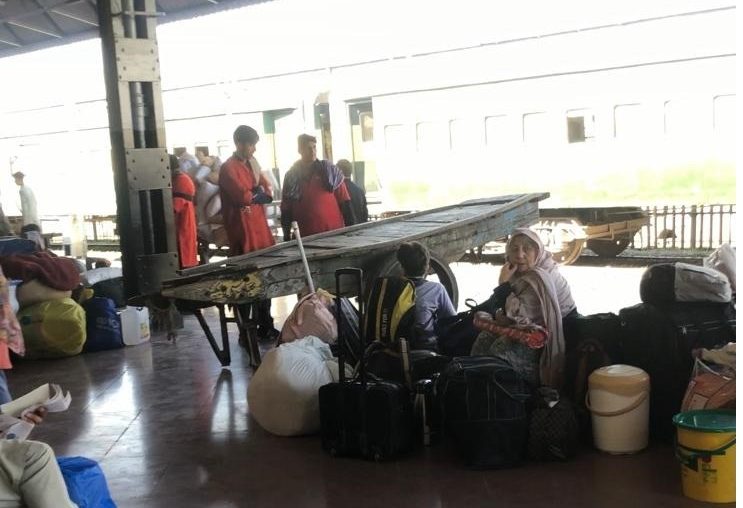 Silk Way Weekly: To which areas in Karachi have they moved?
Silk Way Weekly: To which areas in Karachi have they moved?
Nikpi: The few who had money in their pockets rented houses in Garden, Gulshan Colony, Nazimabad, Jawani and Metropole areas and are living there. Most of these migrants have taken refuge in areas of Gulshan-e-Iqbal, such as Hazara Gota, Agha Nader Guest House and some other cheap guesthouses. Those who were unable to pay the guest house rent spend their nights in alleys, under bridges and on the sides of roads.
Silk Way Weekly: Do they feel safe in the areas of Karachi that have been relocated?
Nikpai: Unfortunately, no. Many of these families have faced various threats, including extortion, robbery, and violent attacks from local thieves and even the police. Children and women are particularly at risk, and migrants are constantly afraid of arrest and deportation.
Silk Way Weekly: On what date did you arrive in Karachi from Rawalpindi?
Nikpai: The massive migration from Islamabad and Rawalpindi to Karachi began in early November 2023 and intensified in the following months. Many migrants arrived in Karachi in separate groups and at different intervals. I myself, along with sixty-five families, left from Rawalpindi on March 17, 2025, and after 32 hours, on March 19, 2025, we got off at the last train station in Karachi at 1:30 PM. We arrived at the Hazara Goth Inn at 3:00 PM.
Silk Way Weekly: How many days and nights did it take you to reach Karachi?
Nikpai: Due to the adverse conditions and difficulties of the route, the journey took about 32 hours (more than a day and a half). Along the way, the migrants faced a shortage of food, drinking water, and unsanitary conditions in the crowded wagons.
Silk Way Weekly: Which area in Karachi did you seek refuge in and what is your situation now?
Nikpai: Most of the migrants settled in the Hazara Gota Guest Houses in Gulshan-e-Iqbal area and Agha Nader Guest House in Gulshan-e-Jor Road (Jade) of Karachi. The current situation of these families is very dire; many of them cannot afford to pay the rent, do not have enough food and do not have access to medical services. The sanitary conditions are also very poor.
Silk Way Weekly: How do the local people treat you where you have taken refuge?
Nikpai: The locals were initially relatively friendly, but as time went on and the number of immigrants increased, things slowed down a bit. Many immigrants have reported that landlords have increased rents. The rent for a house ranges from 35,000 to 95,000 Pakistani Rupee, which is the same amount charged by both landlords and real estate agents. Colonies that provide housing for immigrants in their own communities charge 5,000 to 15,000 Ruppe. The down payment for the house is 100,000 to 300,000 taels, and in many cases, they charge up to six months in advance.
Silk Way Weekly: Did the police in Karachi tell you to return to your country?
Nikpai: Yes, Karachi police, like other cities in Pakistan, have warned migrants to leave Pakistan as soon as possible. In some cases, the police have threatened migrants with arrest if they do not return.
Silk Way Weekly: What problems would you face if you returned to Afghanistan?
Nikpai: Many refugees have lost their homes in Afghanistan. If they are returned to Afghanistan, they will face problems such as extreme poverty, homelessness, etc. Returning to Afghanistan means a slow death for them.
These migrants (Hazara, Tajik, and Ismaili Pashtun) who left Afghanistan due to lack of work, poor economic conditions, and their daughters’ education, have also faced insecurity, poverty, and threats of deportation in Pakistan. They are now trapped in a limbo of statelessness, with no clear hope for the future.
We, the landless refugees, have nowhere to return to in Afghanistan. And we are also under pressure in Pakistan. Our only demand is that the international community, human rights institutions and relevant authorities should hear our voice and take action to solve our problems and pay attention to our situation. We are only looking for a dignified life and a secure future for our children.
Thank you for giving us this opportunity.


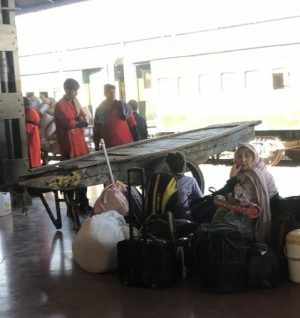
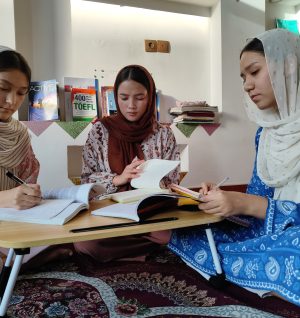
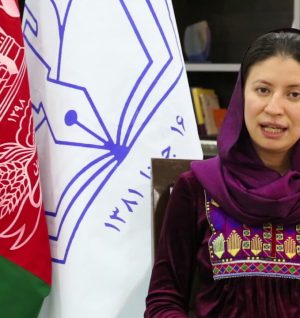

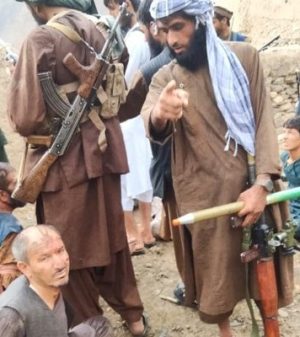
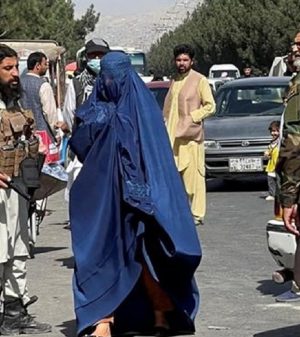
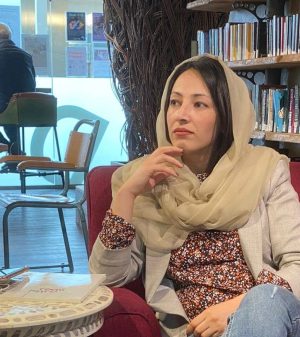
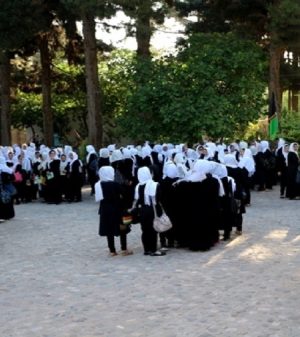
Add Comment